
One of the best things about being involved in online communities is the ability to reach out and ask for input, suggestions or ideas—and in the process applying crowdsourcing strategies to a talented group of eager respondents. Recently I reached out to one of my online communities, all members of a global list of the Top Marketing Professors on Twitter. This community list was created by Kent Huffman (@KentHuffman), CMO at BearCom Wireless, and founder and Co-Publisher of @SMMmagazine, which produces several Top Twitter lists, including the Top CMOs on Twitter, and Top Marketing Book Authors on Twitter. Kent is also the author of 8 Mandates for Social Media Marketing Success.
To ring in the New Year, I asked my colleagues for their best advice for small businesses in 2013. Here’s what they had to say:
Dr. David Aaker– Professor Emeritus at the University of California at Berkeley, @DavidAaker
“Think through your business strategy and what your brand should stand for both in the short-run and in the long-run even before you select a name and develop customer facing programs. It will save resources and regrets later. Develop a set of values and culture guides as they will help you with all critical decisions such as the section and motivation of people and the development of a brand that connects.”
Andrés Silva Arancibia– Professor at the Universidad Andrés, @AndresSilvaA
“Small businesses need to monitor social media to set realistic goals. The purpose of monitoring is to establish the brand’s social framework, and to understand how the company and brand are perceived. At the same time, monitoring helps establish the position and perception of the target audience compared with competitors and even the industry in general. It is based on these data that we glean the insights to define the strategy we must apply to be successful.”
Deirdre Breakenridge– Adjunct Professor at New York University, @DBreakenridge
“For small business owners, public relations is often an overlooked communications practice that should be integrated into a marketing program. PR helps to build mutually beneficial relationships with stakeholders both online and offline. Because small businesses have limited marketing resources, PR is a cost-effective way to achieve greater reach and awareness, activate a program that ‘listens’ and responds to public conversations, and build credibility in the market more quickly than any other type of communications in your marketing toolkit.”
Glen Gilmore– Adjunct Professor at Rutgers University, @GlenGilmore
“Social media for small business is all about sharing your passion and embracing your customers. ‘Pin’ what you’re proud of: a special dish, a haircut, a bouquet—and invite your community to do the same. Blog, tweet and post content that shares your story and inspires your community. Connect with your community by listening and engaging where the conversation is taking place. Let your customers inspire you.”
Mike Johansson– Visiting Professor at the Rochester Institute of Technology, @MikeFixs
“Small business owners should look to social media for an edge in their marketing —but not all social media. They should pick a platform that works with their intended customers and try a few different ways to engage people there. Social media marketing is far too often overthought. Just be yourself, see what works and do more of that. Better yet, find a social marketing buddy and share your results—twice the ‘research’ and ultimately, likely, twice as fast to measurable results.”
Jim Lyons– Professor at the University of Phoenix, @JFLyons
“Carefully define and target your specific customer. Continue to deepen your understanding of this target market, re-calibrating as necessary (though infrequently in normal cases), and focus your activities and energy in winning business with them. Thinking particularly of B2B services providers who make up a large proportion of Small Businesses, I too often see ‘opportunistic’ sales and marketing efforts that put too much energy in trying to win contracts from off-target clients, which is usually followed by resource-sapping anguish when the deal doesn’t happen. Know yourself, know your customer, and focus!”
Rob Petersen– Adjunct Professor at Rutgers University, @RobPetersen
“People like to do business with people they know. Marketing doesn’t change fundamental business dynamics and relationships; it amplifies them. After the product or service that defines a business, relevant content is a small business’ most important asset. Although new tools (e.g., blogs, email newsletters, social media, ebooks) are available, they serve to demonstrate the same basic truth that has produced desired results for a very long time.”
Mark Schaefer– Adjunct Professor at Rutgers University, @MarkWSchaefer
“One of the biggest lessons for me is to not be wedded to what you have created. In this world, you need to be in a constant state of reinvention. Approach your work and your business with steel-eyed honesty and clarity. Dispense with the obsolete and push ahead, no matter how emotionally difficult it might be.”
Alan See– Associate Professor at the University of Phoenix, @AlanSee
“It now goes without saying that it’s too late to qualify as an early adopter with social media. If your small business is not already testing some social media pathways, you are starting 2013 behind your competition. Social media is much more than a new approach to marketing; it’s something that often cuts across the entire enterprise. For that reason, what you’re ultimately looking for is seamless interaction between Strategy, Technology and Processes across all the functional areas. So, get started by focusing on your strategy first. Make sure your social media marketing strategy integrates and supports your strategic business plan.”
Dr. Gary Shirr– Assistant Professor at Radford University, @ProfessorGary
“Social media is not just for B2C! B2B firms of all sizes are using social media to generate leads, manage the sales funnel, enhance customer service, generate product ideas, and strengthen partnerships with customers and suppliers. SMBs may actually have an advantage in using social media since they are more familiar with the experimental, nimble trial and error approach that works so well. If your small business is not already using social media, my suggestion is to start now. You will find that social media is not only a powerful way to generate leads but also connect customers, suppliers and employees for new product and service ideas.”
Patrick Strother– Visiting Associate Professor at the University of Minnesota, @PatrickStrother
“Technology has created an unprecedented opportunity for small businesses to add an ongoing differentiator to their product or service: better, more innovative communication. With all the digital platform options available to create a custom digital experience, (YouTube, Blogs, Twitter, Pinterest, Facebook, etc.) small businesses can create a cost-effective communication and customer engagement program that can become an important, ongoing value-added extension of their actual product or service.”
Dr. Steven White– Professor at the University of Massachusetts at Dartmouth, @DStevenWhite
“Marketing is the primary reason that your small business exists. Unfortunately, the marketing budget (including advertising and promotion) is the first thing that small businesses cut in difficult financial times. Unfortunately, this is the quickest way to ensure your failure.”
As for me, my take is that small businesses need to focus on developing a content creation and delivery strategy to distribute content through multiple devices and platforms. Start with your goals (increase revenue, add new customers, build stronger customer relationships, increase leads, etc.). Next, consider the content types that resonate with your customers. These can range from ebooks, infographics and podcasts to a host of other possibilities. Select the content delivery channels that you believe can have the most impact: blogs, Twitter, Facebook, YouTube, etc. Success in 2013 may well lie in the power of content marketing.
Clearly there are many opportunities for small businesses to put their social learning caps on and grow this year. Who are your small business marketing teachers? What advice do you have for small businesses – or what questions do you have about succeeding with your own small business in the coming year?
This post was originally published on AT&T’s Networking Exchange Blog.
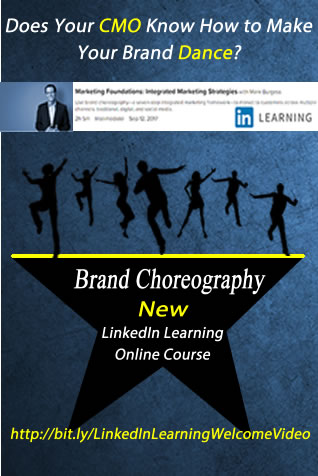
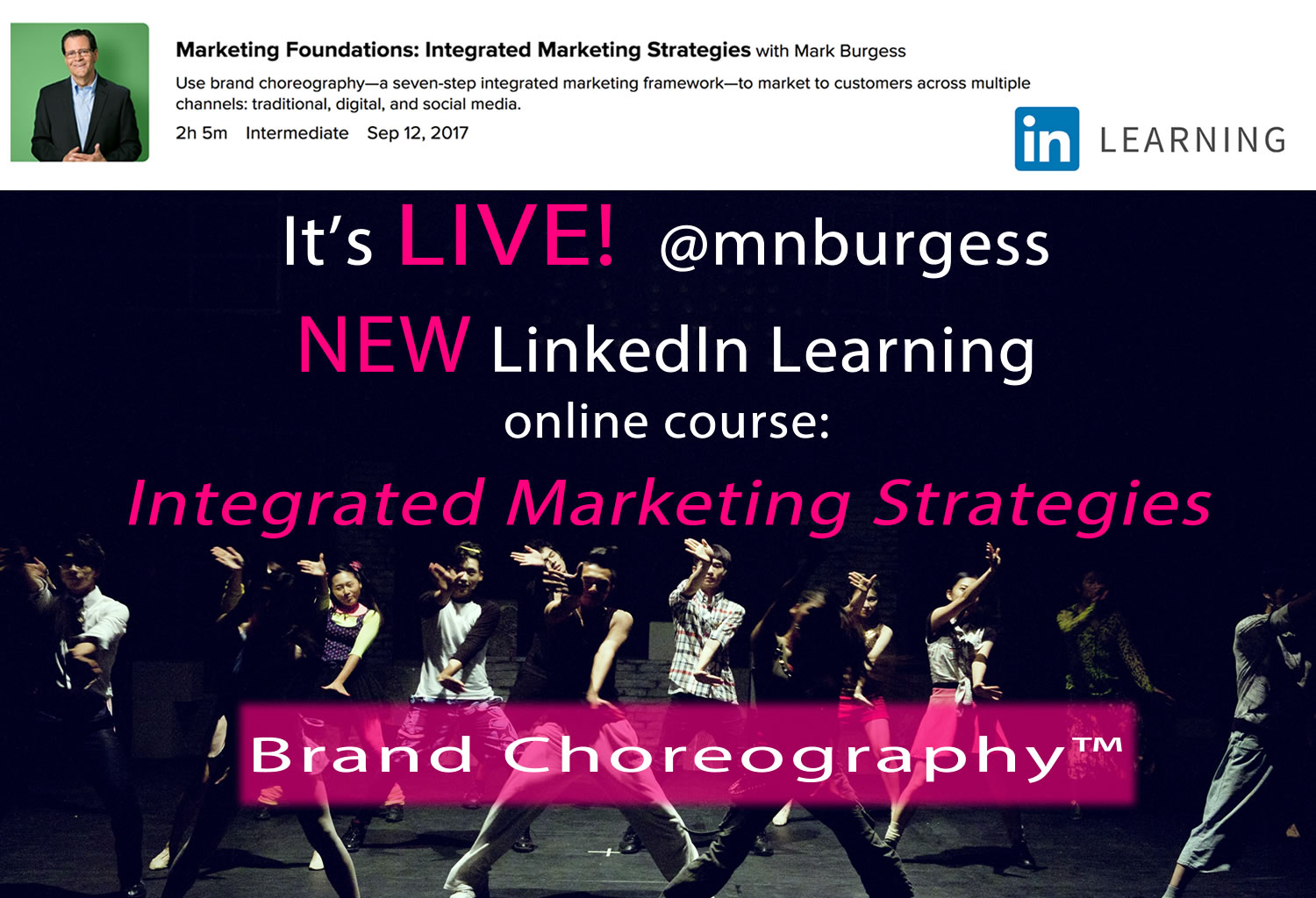


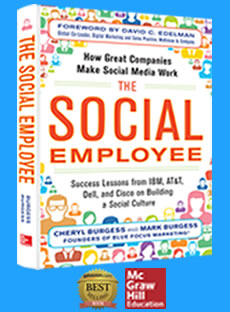


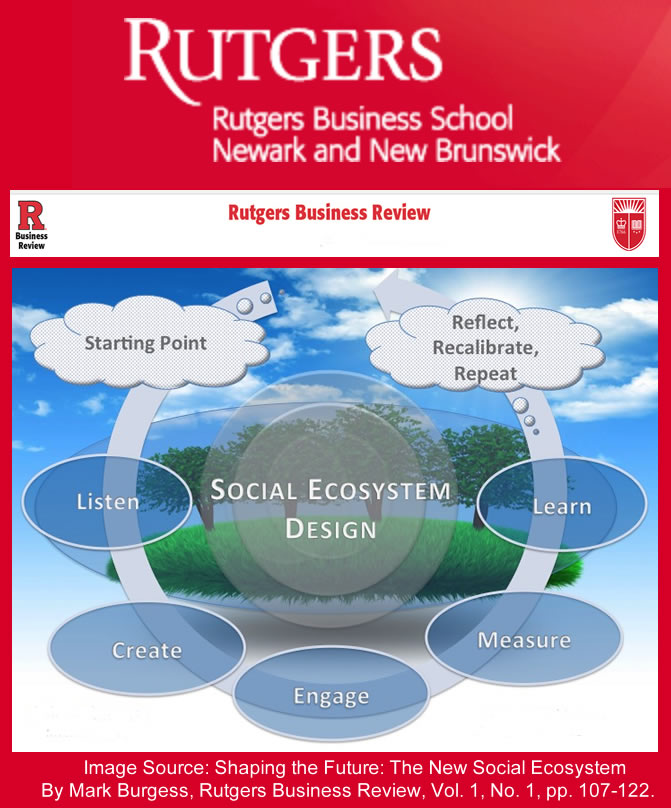
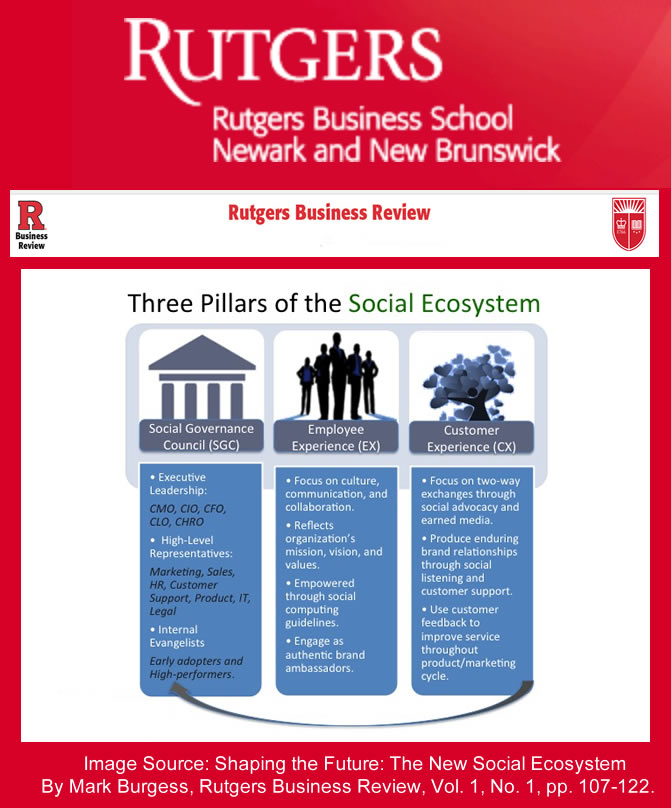




Trackbacks/Pingbacks